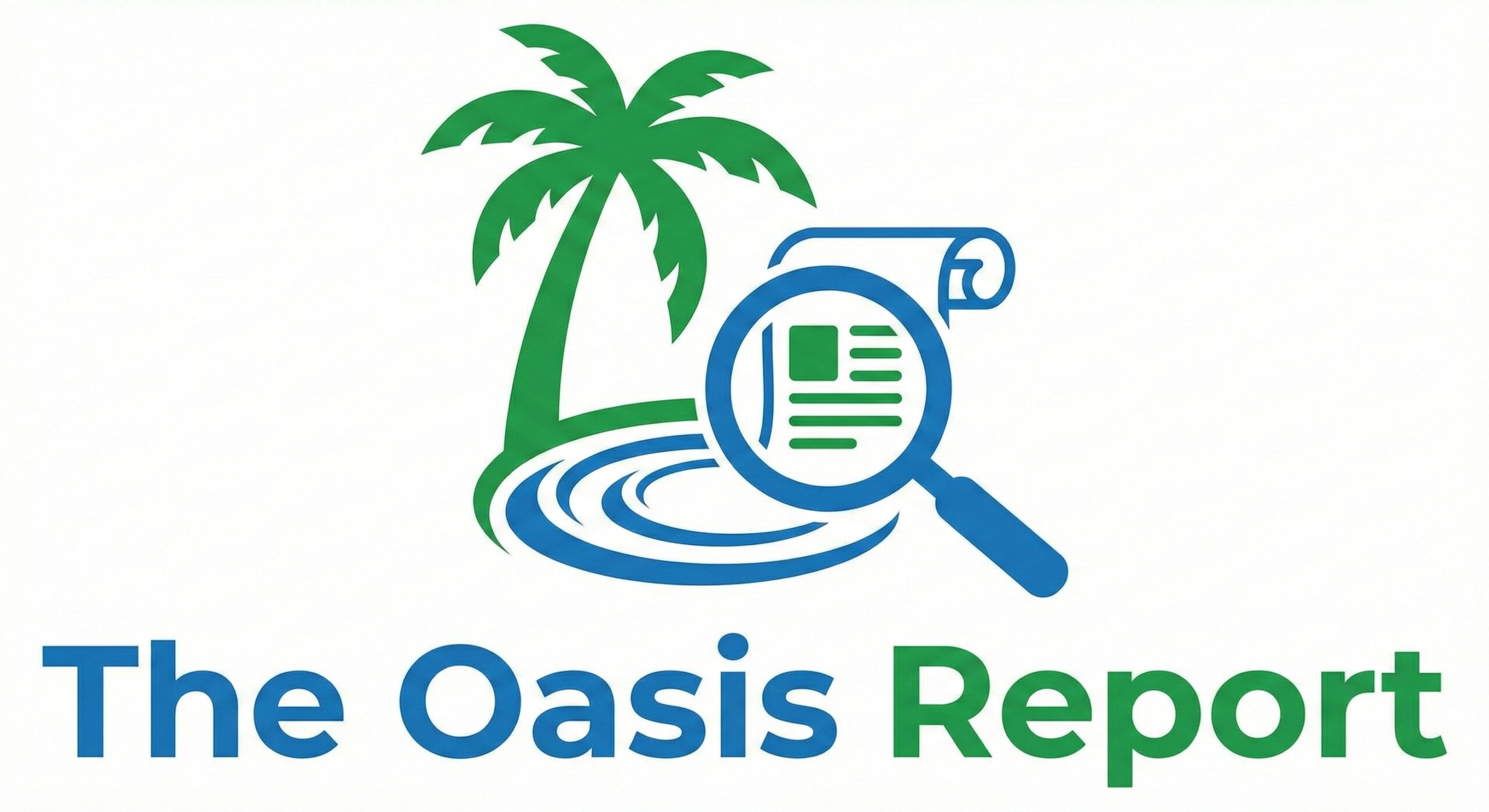Digital transformation enabler STC Group has announced the completion of a comprehensive plan to strengthen its digital readiness and technological capabilities in response to the arrival of the holy month of Ramadan and the influx of millions of Muslims from around the world to Mecca and Medina to perform Umrah.
These preparations include strengthening network capacity and expanding communications coverage in Mecca, Medina, and other major cities of the Kingdom, with the aim of ensuring the provision of reliable and efficient communication services throughout the holy month.
To meet the increased demand during the month of Ramadan, stc Group has increased the capacity of its 4G and 5G networks with the aim of improving network performance and response times in the most congested areas. The Group has also strengthened its level of internal coverage by adding a number of new sites, in addition to expanding coverage of other sites, with the aim of providing visitors and residents with an outstanding digital experience during the holy month. In addition, new 600 MHz and 3800 MHz bands have been introduced in the most important critical areas within Makkah and Medina, improving coverage and increasing the capacity and speed of the 5th generation network in buildings and high-density areas.
In addition, STC has made qualitative improvements to its 4G and 5G networks, improving voice quality and data transfer speeds, and ensuring service stability during peak hours. These initiatives will help ensure that visitors and residents can easily communicate with their families and access basic digital services during the holy month of Ramadan.
stc Group is continuously working on the development of digital infrastructure in the Kingdom. This helps ensure a smooth communication experience that supports national priorities and strengthens relationships during major religious events.
stc Group, a digital transformation company, has announced the completion of a comprehensive plan to strengthen its digital readiness and technological capabilities in time for the holy month of Ramadan, when millions of Muslims from various countries gather in Mecca and Medina to perform Umrah.
These preparations include strengthening network capacity and expanding communication coverage in Mecca, Medina, and other major cities of the Kingdom, with the aim of ensuring reliable and efficient communication services during the holy month.
As part of its efforts to meet the increased demand during Ramadan, stc Group has increased the capacity of its 4G and 5G networks, improving network performance and response times in the most congested areas. The group has also strengthened its indoor coverage levels by adding several new sites, in addition to expanding coverage elsewhere, to provide visitors and residents with a superior digital experience during the holy month. In addition, new 600 MHz and 3800 MHz bandwidth was introduced in key strategic areas within Makkah and Medina to improve coverage and increase the capacity and speed of 5G networks in buildings and high-density areas.
In addition, STC has made qualitative improvements to its 4G and 5G networks, improving voice quality and data transfer speeds, and ensuring service stability during peak hours. These initiatives will allow visitors and residents to easily communicate with their loved ones and access important digital services throughout the blessed month of Ramadan.
stc Group continues to work on the development of digital infrastructure in the Kingdom, contributing to ensuring a seamless communication experience that supports national priorities and strengthens human connections during major religious events.


